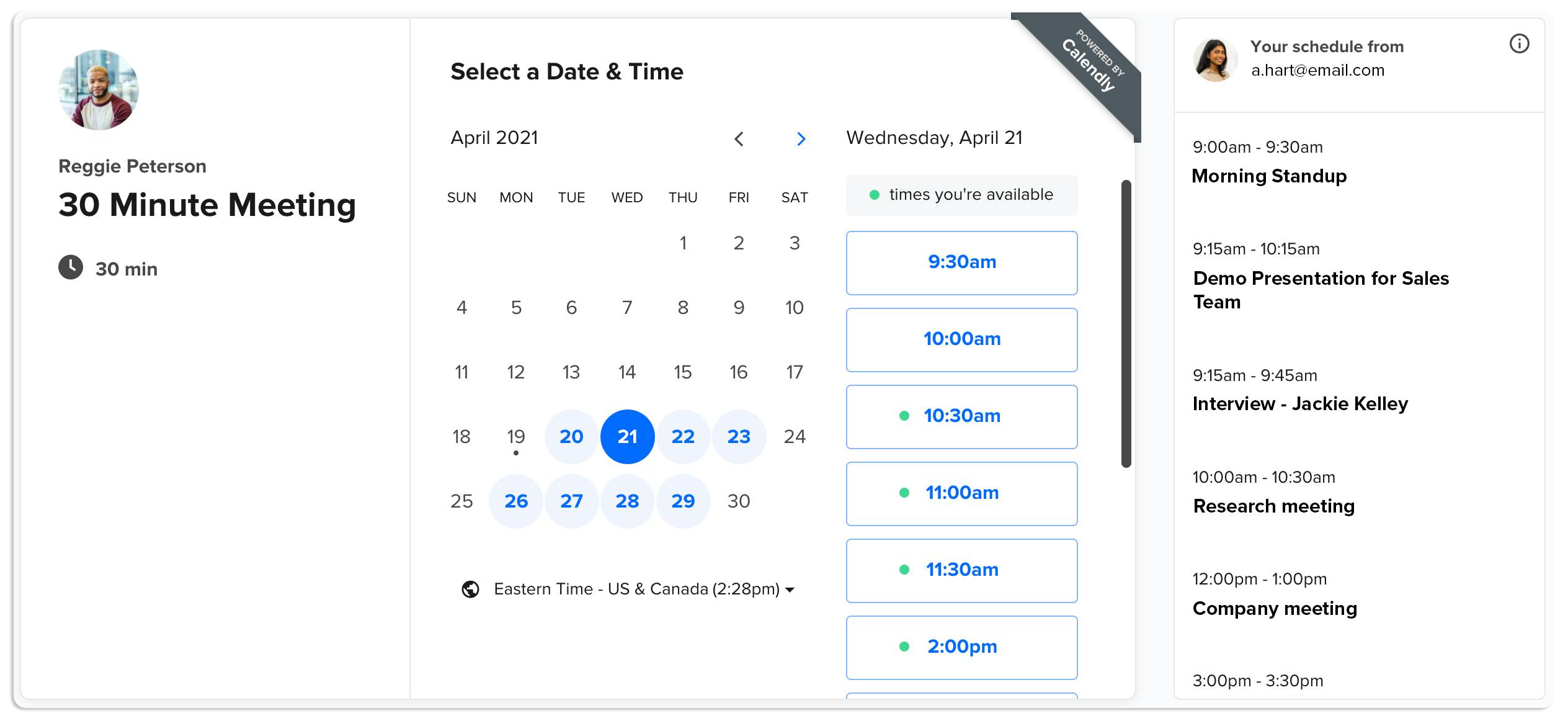Is Calendly HIPAA compliant?
Calendly is a powerful scheduling software that simplifies the process of setting appointments, meetings, and events. Its strength lies in its ability to integrate with various calendars (Google, Outlook, Office 365, and iCloud) and automatically check availability to prevent double-booking. Users can share their Calendly link, allowing others to choose a suitable time based on the availability set by the user. Calendly also offers handy features such as automated notifications, buffer times, and time zone detection.

Calendly in healthcare
In a healthcare context, Calendly can be used to streamline appointment scheduling . Patients could use a healthcare provider's Calendly link to schedule their appointments based on the provider's availability, making the scheduling process more efficient and convenient. The automated notifications feature can also help in reducing no-shows by sending reminders to patients about their upcoming appointments. Additionally, in multi-disciplinary healthcare settings, Calendly can aid in coordinating meetings or discussions among healthcare professionals.
Calendly and HIPAA compliance
While Calendly uses secure HTTPS connections, data encryption, and compliance measures like GDPR to ensure user data security, it is NOT HIPAA compliant and does not sign a Business Associate Agreement (BAA). As such, it is advised that healthcare organizations do not use Calendly for scheduling appointments that involve the exchange of PHI (Protected Health Information).
Staying HIPAA Compliant
Take a look at our ultimate guide to HIPAA compliant software and services for help selecting compliant service providers. Though careful vendor evaluation and selection is only one piece of the puzzle for maintaining HIPAA compliance. At TeachMeHIPAA, we offer an affordable HIPAA training solution to ensure your staff are knowledgeable in how to comply, and to help you meet your legally mandated HIPAA training requirement with ease. Learn more about our tips and tricks for maintaining compliance with our HIPAA compliance blog.